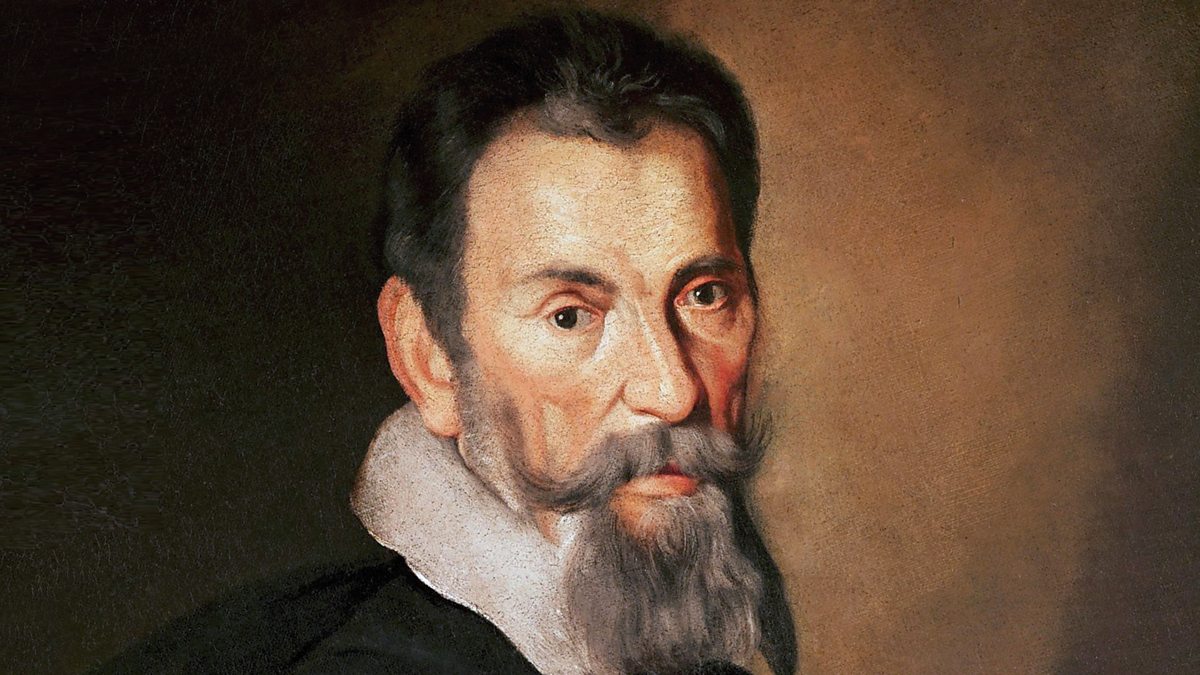1 - Pioneer of Opera: Claudio Monteverdi (1567-1643) is often hailed as the father of opera. His innovative works, particularly "L'Orfeo" (1607) and "L'incoronazione di Poppea" (1642), marked a significant shift from Renaissance to Baroque music, laying the groundwork for the development of the operatic form.
2 - Versatile Composer: Monteverdi's compositions span various genres, including madrigals, motets, operas, and sacred music. His versatility allowed him to excel in both secular and sacred music, demonstrating his mastery across different styles and forms.
